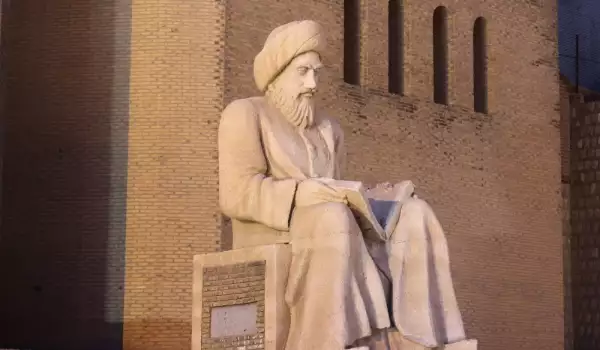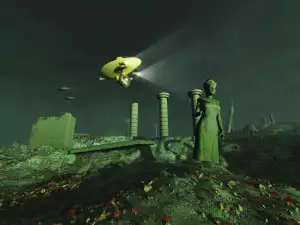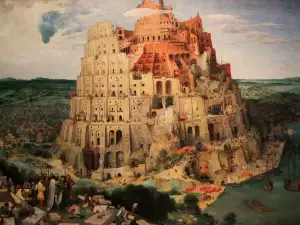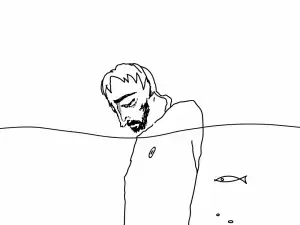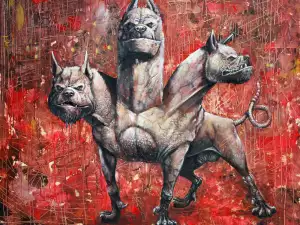Although slightly displaced by the thick shadow cast by Hippocrates, the medieval Persian physician Abu Ali al-Husayn ibn Abdallah ibn Sina, also called Avicenna, is considered by many to be the other father of medicine.
Avicenna was born in 980 in the small village of Afshena, located in the vicinity of the city of Bukhara, in present-day Uzbekistan. His mother is from one of the numerous Tajik tribes that settled in the area during this historical period, and his father is Persian.
Although of humble origin, Avicenna became a bright ray of knowledge in the dark times of the Middle Ages. He became a doctor, philosopher, scientist, poet and musician, naturalist.
From an early age Avicenna showed his brilliant mind. At the age of ten, he was able to recite the entire Quran by heart. His interests are diverse - from arithmetic, through philosophy to poetry.
Gradually, the focus of his attention turned to medicine. He learned the noble profession from a traveling doctor, but gradually surpassed him in knowledge and began to develop his own methods of treatment.
His talent was noticed when he was only 17 years old - in 997, he was appointed in Bukhara as the personal physician of the emir of the Semanid state, which at that time covered the vast territories of Central Asia. In the court of the ruler, the young Avicenna had access to his rich library, where he got acquainted with the works of the great scientists of Antiquity. There he wrote some of his first scientific works.
The advancing Seljuk Turks ended the peace in the Middle East and Avicenna moved to Persia. He is already a famous name in scientific circles and is well accepted in the courts of the southern emirs. Despite the revolutionary changes he introduced in medicine, he has always been the target of attacks of all kinds from the traditionally minded.

He earned their hatred by critically reworking and systematizing the knowledge of the time. It also fails to fit into the norms of behavior accepted for the scholars of the medieval Islamic world. Avicenna loves to brag about his achievements and his indifference is boundless.
He is renowned for his endurance, for he spends his time with passion on wine and women as much as on science. Eventually, his lifestyle led to mental and physical exhaustion, leading to his death when he was 56 years old.
Despite everything, Avicenna became the author of 450 books on a wide range of subjects, especially philosophy and medicine. He is considered by many to be the father of modern medicine. His most famous works are the The Book of Healing and the The Canon of Medicine and his work The Canon of Medicine was for several centuries an essential guide for physicians in the Middle East and Europe.
